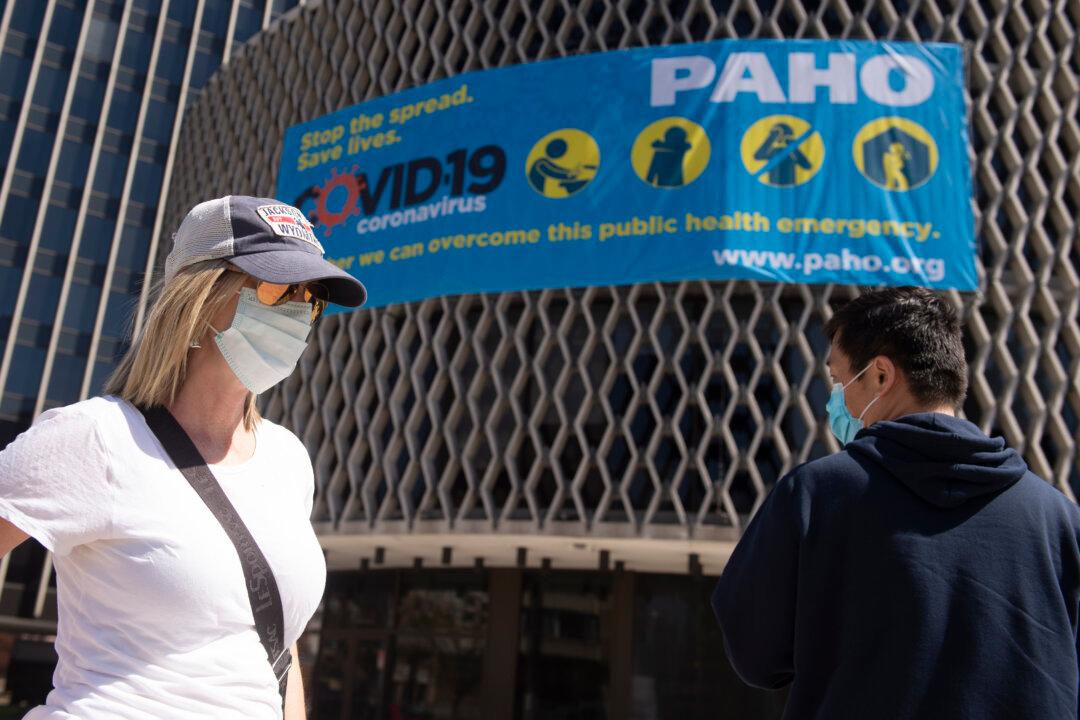United States officials are actively discussing recommending masks to people who are not in hospitals or sick, two top officials said this week.
“The idea of getting a much more broad, community-wide use of masks outside of the healthcare setting is under very active discussion,” said Dr. Anthony Fauci, director of the National Institute of Allergy and Infectious Diseases, during an appearance on CNN on Tuesday.






